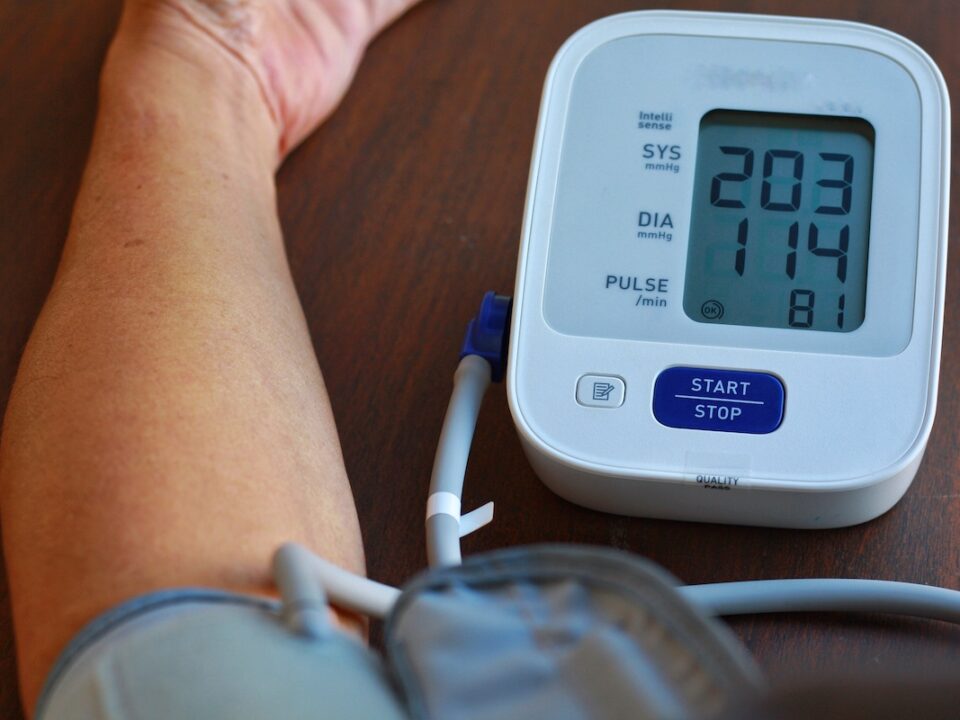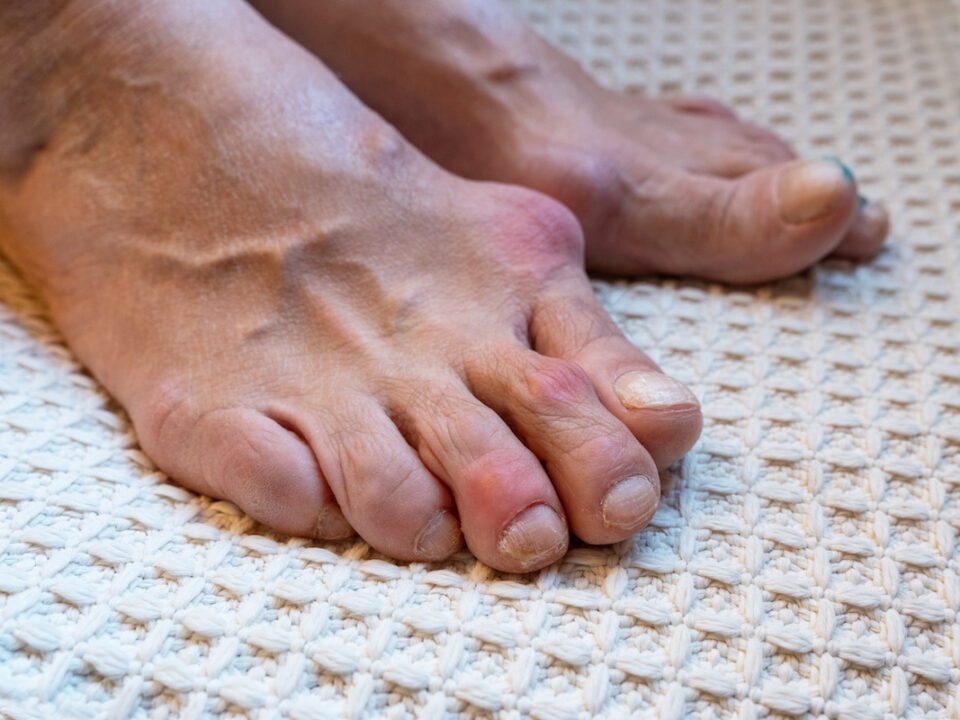Nine Elements of a Well-Woman Exam

A preventative approach is one of the best methods of wellness. Catching something early or managing an illness or disease can keep you healthy, happy, and at your best. Females have a lot of essential body parts that make them a woman that need to be examined regularly.
What is a Well-Woman Exam?
A well-woman examination is a comprehensive exam that is offered to women exclusively to review their reproductive health. It is recommended by doctors to perform once a year for most women. The exam includes a pelvic examination, a pap smear, breast examination, and possibly additional procedures.
How Often?
A general women’s wellness exam should occur annually and is typically covered by most insurances.
Exam
Here is what you can expect for a well-woman exam:
Medical History
Your doctor will ask you questions about your habits and lifestyle, how you are feeling, your smoking and drinking habits, your medical history, etc..
Vital Signs
A nurse or your doctor will take your vital signs. You will be weighed, and your blood pressure will be monitored.
Heart and Lung Exams
Your doctor will listen to your heart and lungs to make sure everything sounds clear, and your heart is beating regularly.
Head, Neck, and Abdominal Exams
Your doctor will make sure that you don’t have any bumps or sore areas that may indicate something more serious.
Laboratory Work
Your labs will be tested to make sure you are healthy in all areas. High or low markers can indicate an issue that needs to be addressed before it progresses into a chronic illness or disease.
Pelvic Exam
A doctor will perform a physical examination of your reproductive organs, which include the vagina, cervix, fallopian tubes, vulva, ovaries, and uterus.
Pap Smear
You will receive a Pap smear. It is recommended that you should have a pelvic exam every year if you are between the ages of 30 to 64. A Pap smear would be done every other year, or as often as your physician recommends during your appointment.
Mammogram
You will be potentially scheduled for a mammogram depending on your age and history. For women with no history of cancer, U.S. screening guidelines recommend that all women start receiving mammograms when they turn 40 or 50 and to continue getting one every 1 or 2 years. A mammogram will continue up until age 75.
Bone Density
You will be potentially scheduled for a bone density exam depending on your age and history. A bone density test gives you insight into whether you have normal bone density, low bone density (osteopenia), or osteoporosis. This is the only test that can diagnose osteoporosis accurately. If you have a lower bone density, you have a higher risk of breaking a bone.
We strongly recommend scheduling regular physicals and screenings for cancer, diabetes, and heart disease, as well as annual well-woman exams and Pap smears for our female patients. Call us today at 770-322-9660 to schedule your well-woman exam.
Hillandale Primary Care & Laser Center is owned and operated by Dr. Saira Tariq Niaz, who is a board-certified family physician with offices in Lithonia and Lawrenceville Georgia. Hillandale Primary Care provides patient-focused, compassionate healthcare of the highest quality to each patient and delivers acute and chronic healthcare to patients of all ages. We are passionate about preventive medicine and encourage each of our patients to take an active role in maintaining overall health and wellbeing. Call today at 770.322-9660 or request an appointment.



